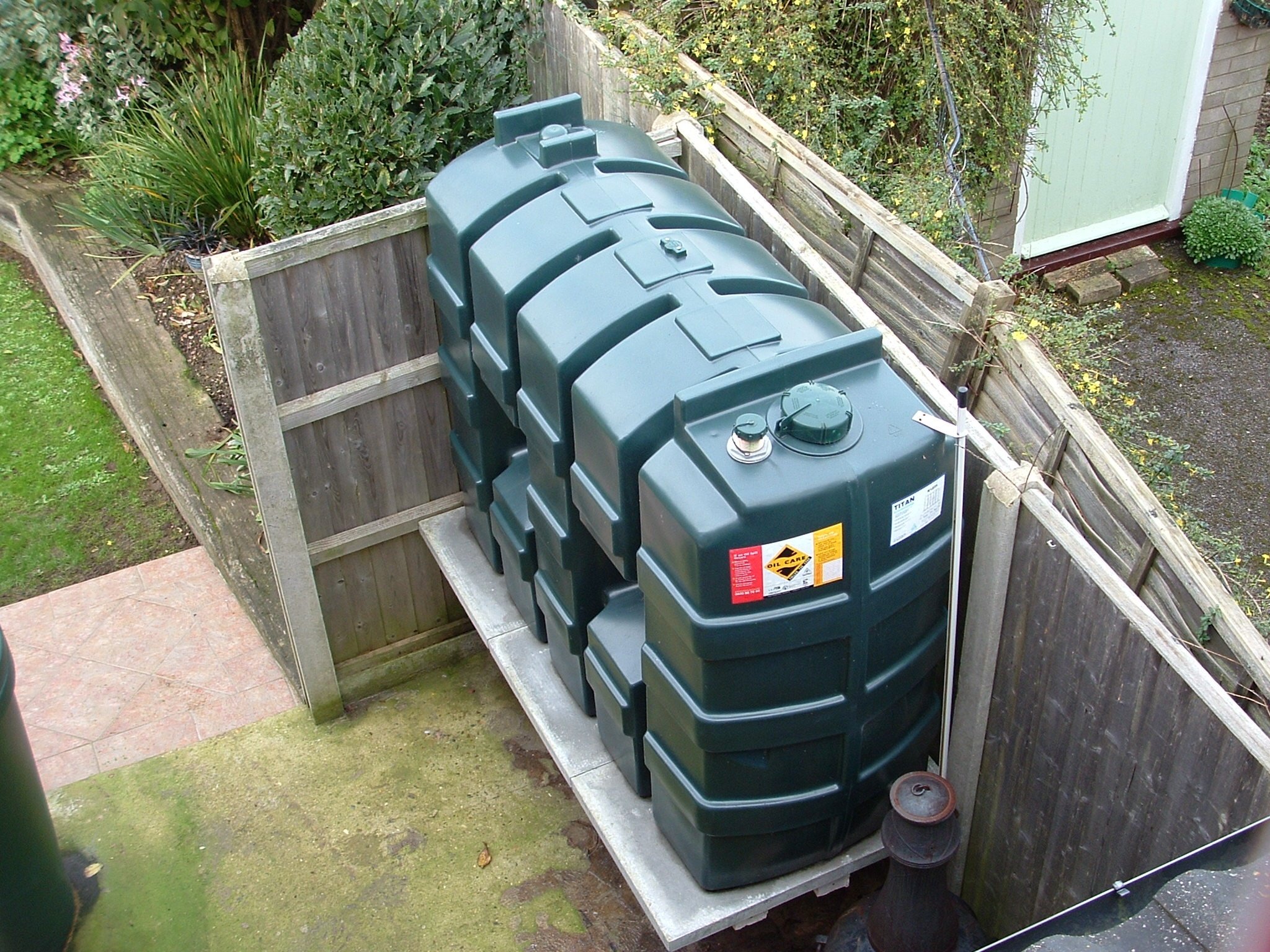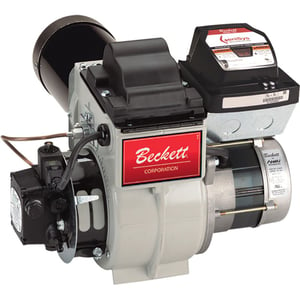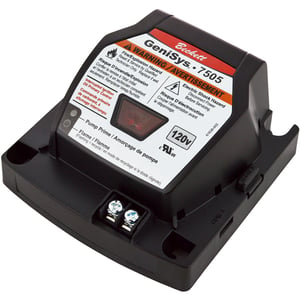
Although oil heat is one of the most common types of heating fuel in today's market, the general population holds many misconceptions about oil heating systems. With our oil heat misconceptions blog series, our aim is to educate the public on the truth behind many false beliefs commonly held about oil heat. Both those who use oil heat and those who don't often misunderstand the basic characteristics of oil heat due to a simple lack of modern heating fuel education. To begin, we're going to address the misconception that oil heat is dirty and damaging to the environment. In this post, we'll discuss the misconceptions about oil heat and its relative cleanliness both within the home or facility and in the environment.
Oil Heat and Burning Clean
Decades ago, the idea that oil heat is a dirty fuel system may have held some truth. Older oil heat systems from 50 years ago were certainly not as efficient and may have created a certain amount of dirt and debris as a byproduct of combustion. However, heating technology and design have made huge strides in development since then. Today, oil heating systems are cleaner than ever in a variety of ways.
First of all, today's heating systems do not create the byproducts of combustion that older systems may have been known to. Soot and bad odors are no longer an issue when it comes to updated oil heat technology. While older systems can last a long time, avoiding those cleanliness issues is no problem with newer oil technology. Additionally, as fuel oil has increased in quality, heating with oil no longer produces smog or air pollution as a byproduct.
In another sense, oil spills are far less common than they used to be as well. Some of the worst misconceptions about oil heat came as the result of news coverage of oil spills, smog, and other pollution caused by oil, but at this time, those types of events are increasingly rare and almost unheard of today. Cleaner fuel also leads to easier cleanup of any spills that do happen whether out in the environment and in the home, but overall, spills are not common in oil heating today.
Perhaps most importantly of all, fuel oil actually burns cleaner (in an environmental sense) than ever before. As the fuel stores have been improved and better refined over the years, the vast majority of particulates have been removed from the fuel, especially harmful sulphur. For this reason, the bulk of emissions from fuel oil are made of harmless carbon dioxide and water vapor, decreasing the particulate pollution created by the oil of the past. Fuel oil no longer poses a problem for asthma suffers for this reason as well. Methane emissions from oil heat have also been drastically lowered. The misconception that oil is a dirty, environmentally-damaging fuel are therefore usually the result of the lack of public knowledge of the advancements that have been made in fuel refining and heating technologies.
Oil Heat is Cleaner Than You Think
With appropriate installation and maintenance, an oil heating system can provide years and years of clean, efficient comfort using traditional fuel oils. However, even more environmental benefits can be gained by heating with even cleaner, more environmentally-friendly fuel blends being produced today. The fuel oil industry, in researching and continuing to develop bio-based green fuels, is taking a huge step in terms of reaching toward carbon neutrality. While bio-based fuels are still emerging in the heating industry, the represent a huge opportunity for oil users to make an even bigger positive impact on the environment.




